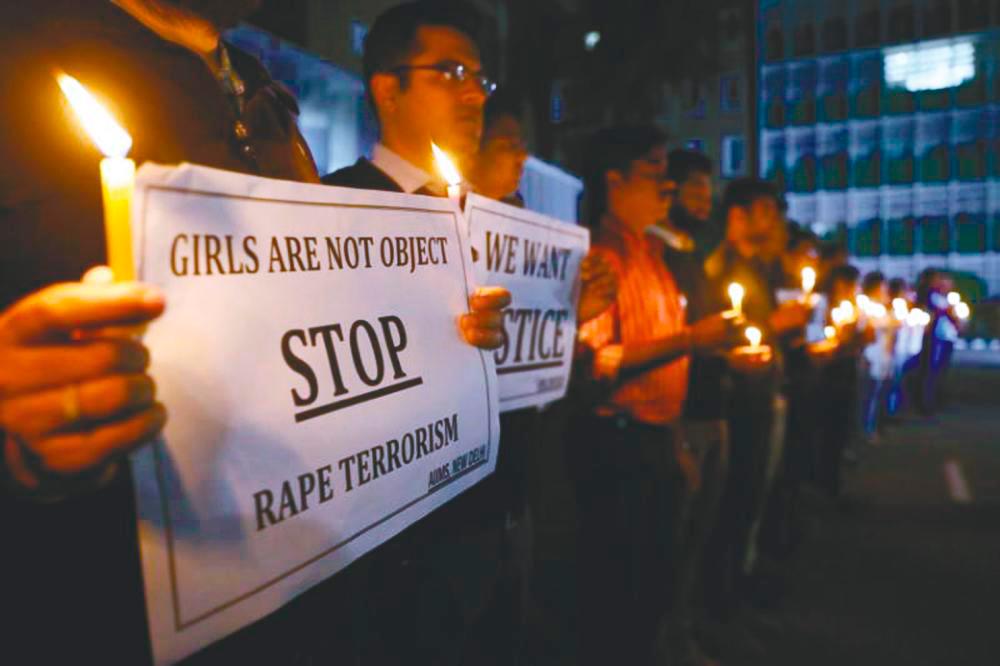PETALING JAYA: It is a nauseating crime where victims are violated in “safe spaces” that are meant to make them feel protected.
Criminologist Shankar Durairaja said an average of 15 incest cases are reported to the police each month, with most lodged by the victims themselves.
He said 300 cases were reported in 2019, followed by 259 in 2020, 245 last year and 55 as of March this year.
“Statistics from the office of the Registrar of the Subordinate Court of Malaya showed that most victims were under 16 (the legal age to give consent to sex) when the crime was committed.
“Of the total cases, 83% or 276 involved victims below 16 years old.
“Fathers and stepfathers of the victims were involved in 35% or 116 cases, based on data from the judiciary. Other perpetrators include uncles, siblings, grandfathers and brothers-in-law,” he told theSun.
Shankar said the CPTSD Foundation, also known as the Foundation for Post-Traumatic Healing and Complex Trauma Research, found that perpetrators of incest often use tactics to keep their victims in line, such as threatening or shaming them into silence.
“The victims often doubt their own real experiences. When they disclose it to their family, the family would often change the story, making the victims doubt their accounts.
“Many children do not disclose incest immediately, many do not report it for years, and many never disclose what happened to them. Some even develop love and loyalty because of the grooming process,” he said.
Malaysia University of Science and Technology law lecturer Paveethra Manian said personal safety lessons should be incorporated in schools as teachers explain and teach children how to love and respect their bodies and certain rules concerning what an adult should and should not do to them.
“These lessons should be a platform for listening and sharing, where children should be taught that many are uncomfortable discussing sexual issues and it is okay.
“However, the only way to stop sexual abuse among children is to talk about it.
“Schools should provide regular counselling services by certified experts and create a safe platform for children to report sex abuse.
“Children should not fear reporting these cases even if their abusers are their parents and teachers,” she said.
All Women’s Action Society information and communications officer Jernell Tan Chia Ee said to ensure that all educational institutions are safe, the most sensible and feasible way forward would be for the relevant ministries and agencies to work together in developing and subsequently implementing case management procedures that would enable educational institutions to effectively address cases of sexual harassment, sexual assault, rape and bullying in a victim-centric manner.
“At the forefront of holding the mandate of protecting and ensuring the welfare and well-being of women and children should be the Women, Family and Community Development Ministry.
“It can actively facilitate such engagements between the Education Ministry (MOE), Majlis Amanah Rakyat (Mara) and the Malaysian Islamic Development Department (Jakim).
“This includes sharing with the MOE, Mara and Jakim the recommendations by the special committee recently set up by the education minister to improve procedures dealing with cases of sexual harassment and bullying in educational institutions,” she said.
Tan said through shared experiences by survivors, insensitivity by police officers is apparent as they are unempathetic to survivors of gender-based violence or dismiss their experiences outright.
There have also been accounts of inconsistent levels of knowledge and awareness on gender-based violence and corresponding case procedures among police officers
“To address these gaps, the police and Home Ministry should prioritise setting up a training curriculum within police academies and the police force, where officers at all levels can learn about and be kept abreast of gender-based violence and its corresponding case management procedures.
“They can also be taught communication skills and empathy that will enable them to sensitively and effectively deal with survivors,” she said.










